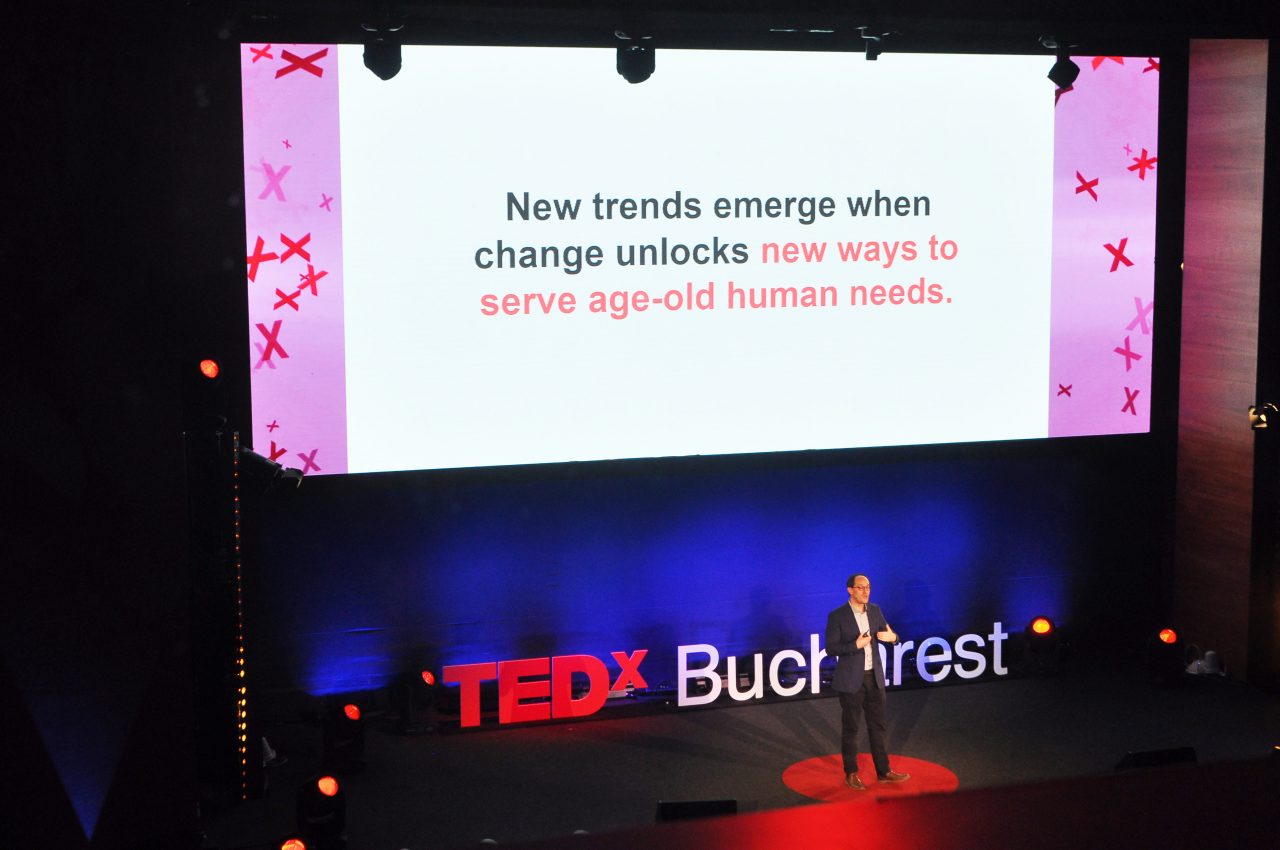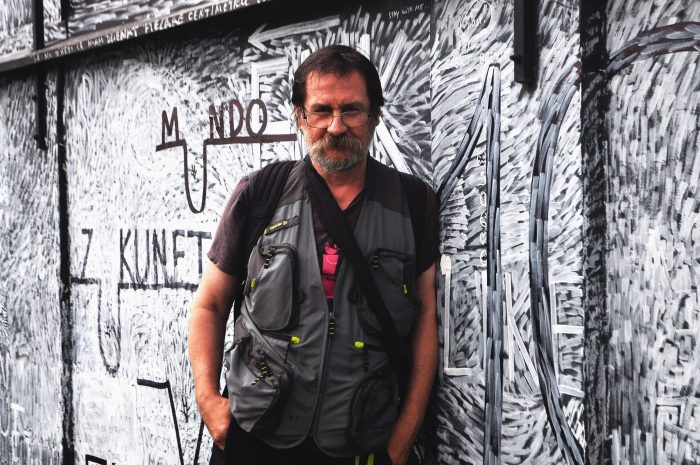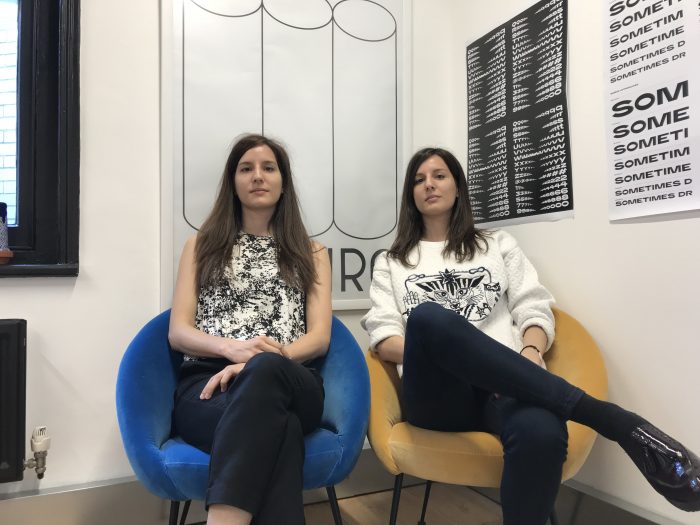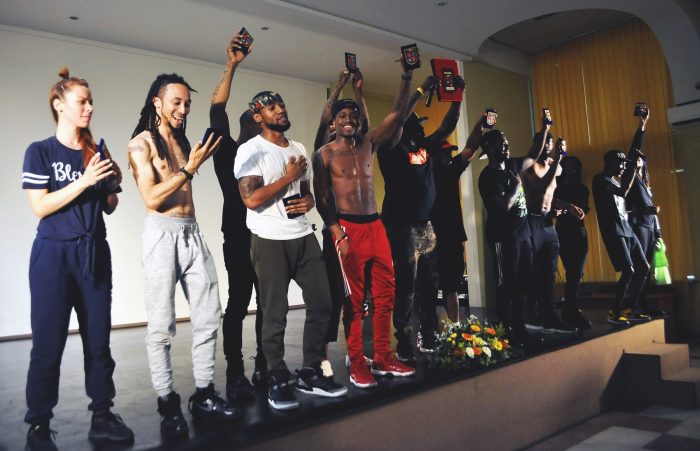A gaze towards the future of consumerism: talking to David Mattin, TrendWatching
Posted by Raluca Turcanasu on / 0 Comments
David Mattin is the Global Head of Trends and Insights at TrendWatching, a company that follows the evolution of trends in business, innovation and consumption.

We talked about consumerism, technology and interconnectedness after David’s speech at TEDxBucharest, the 10th edition (2018). I wanted to understand how the current mindsets and new technologies will impact the way we do business.
We are the same people with the same old needs.
This is how David started his presentation at TEDxBucharest: Crossing Boundaries.
We live in a vast abundance society, he went on, yet a certain high level need is often ignored or misunderstood. It is the need of significance.
And this need has 3 layers, according to David and his team: significance through connection, through status and through faith.
1. The need of significance through connection
The virtual companions, the AIs, will fulfil this need more and more…and if this surprises us, we should remember that 8-10 years ago it was shameful to find a partner online and today we have over 20 billion matches on Tinder! Things change.
Gatebox, a Japanese AI device, taps exactly this need:
In fact, have we never tested ourselves a voice assistant with a philosophical question?
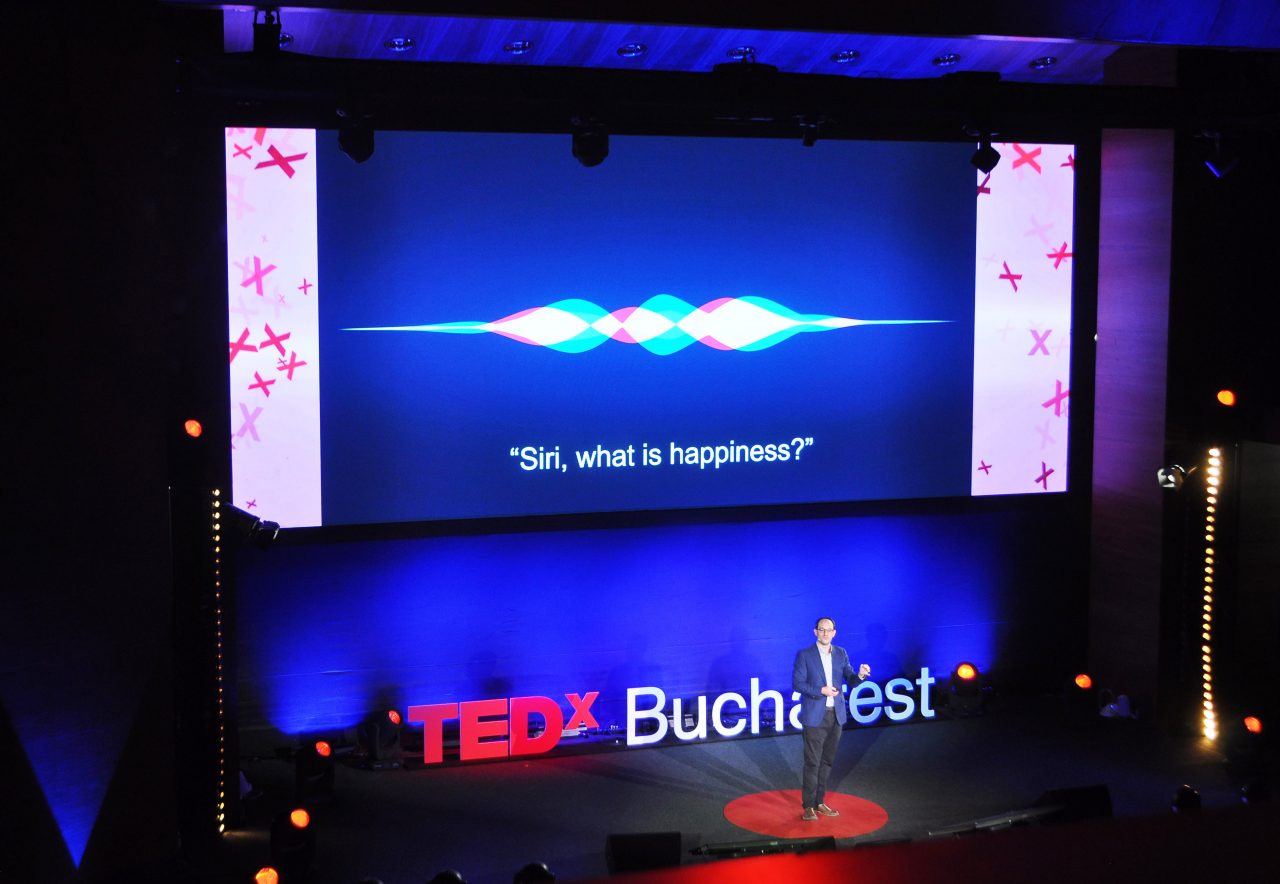
2. The need of significance through status
This one we’ll solve, according to David, through the interactions within massive virtual worlds.
3. The need of significance through faith
Will we be able to encode spirituality in the deep structure of those virtual worlds?
Discover the world of SEED as a potential, futuristic, solution for the need of significance through status and faith.
Check out the interview with David Mattin, following his TED Talk
Could you first tell us a bit about your current role at the World Economic Forum?
The World Economic Forum has these Global Future Councils and they are about 30 of them, on loads of different subjects, like energy, technology, blockchain and they are all about bringing experts together, across the year, to discuss, share ideas about big, global challenges and how we solve them. And I sit on the Global Future Council on Consumption, because I am from Trendwatcher and we are all about new trends, business innovation and consumerism. The kick-off meeting was in November, we all came together for 2 days of panel discussions and talking, and what we talked about helped set the agenda for the meeting in Davos, which will be happening in January, where world leaders and CEOs gather to discuss the future of the world. Then we stay in touch as a Council through the year and we have committed to write 3 reports and to collaborate on this project. It’s great.
Since you are sitting on the Council on Consumption and since one of the major topics of today is plastic, the extreme use of it and its disposal, does the Council have any advice on that?
Well… the short answer is no, because this year the Council was focused on voice technologies, and AIs, Siri, Alexa, some of the stuff I mentioned in my talk. We are talking about how voice technologies will shape consumerism and business in the years ahead.
When it comes to single use plastics, Trendwatching has been writing about this. We have been tracking the evolution, the search for more sustainable consumerism for 10 years and it’s interesting to see this year’s, or the last 18 months, developments.
Trendwatching always aligns itself with the more sustainable, progressive consumerism and we are happy to see more and more businesses and brands banning single use plastics, the straws for example.
I don’t have a total solution for it but I think those are good initiatives and if we are to look at the future I think what we’ll see are people taking that mindset around single-use plastics and applying it to all kinds of different products. This is something we wrote about in our most recent TrendReport.
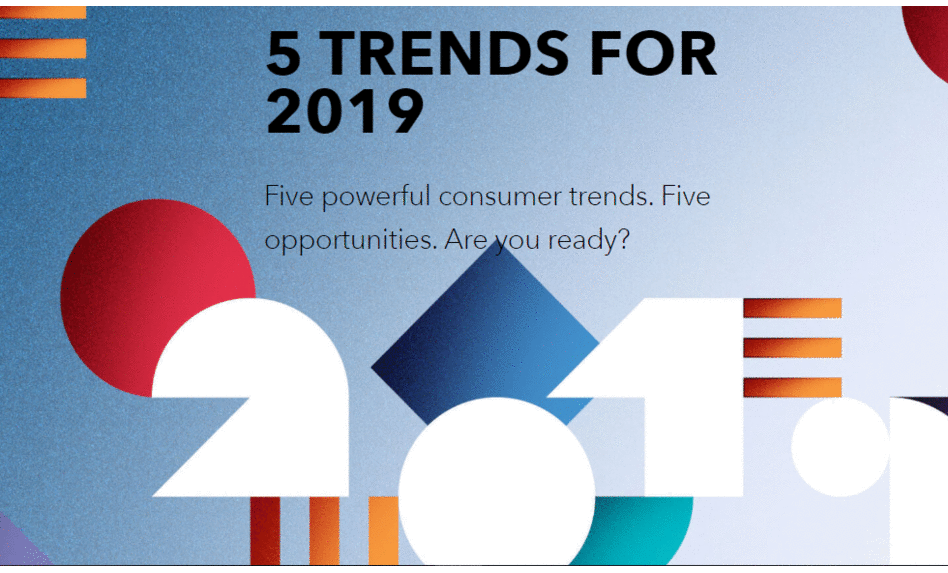
We will be expecting any single use product reimagined by brands, so that it’s not single use. Or any things such as fast fashion, like T-shirts that you maybe wear just for one month and then you throw away. We will start to see consumers oppose to that, because they are so wasteful.
In terms of solutions, one interesting project I’ve seen recently is McDonald’s and Starbucks coming together, even though they are competitors, to create a competition to find someone to create the world’s first totally recyclable, totally compostable take-away cup.
The world uses 600 billion take away cups a year and most of them are not recyclable because of the way they work. So they run this competition together and anyone who can make a totally recyclable cup can win a million dollar prize.
And the key thing is McDonalds and Starbucks are going to use it but they are not going to patent it, they are going to give the patent away so that anyone can use it.
Some people say when I mention this project “Why can’t people bring their own mug?”, which is fair enough. But people could do that now, but they don’t. We use 600 billion take-away cups a year. I think the truth is it’s easier to invent a totally recyclable take-away cup than it is to persuade people to walk around with a mug, you know what I mean?
That’s a trend, besides creating a solution to a shared problem and then giving the solution away – the open source solutions is the trend. I think we’ll see more and more of that and that could be one powerful way in which businesses come together to help solve this issue. I’d like to see more of that.
How could we encourage people more to become conscious consumers, to pay more attention, buy local, use fair trade, to stop this obsessive buying?
It’s very hard and I think we need to evolve … 1/ We need to try, we need to constantly try to inform people of the negative impacts of their own consumption. So it becomes impossible to escape the knowledge of the impact your consumption has on the planet and others around you.
The question runs extremely deep and there is no simple answer to that. I think part of it in the 21st century…everyone is talking about the democracy and liberalism in crisis. The foundational value of the liberal society is freedom and that has created the world’s most affluent, enlighted societies in history. But it also brought in some problems, because if everyone just feels free to do whatever they like that is problematic. And I think in the 21st century we need to evolve towards a new appreciation of the value that is interconnectedness.
We have now an awareness that the previous generations did not have: that we have one planet and that we are using up this planet and that is a collective issue for every single human being on this Earth. The behavior you have in Bucharest or in London have an impact on people living a thousand miles away.
We are all interconnected on this planet.
That is not an easy solution but we need to move towards the appreciation of that value, too. But in the shorter term what you can do is inform people, make them aware of how their consumption affects the planet negatively, so that they want to change. But you can’t just encourage them, you have to make new rules: ban single use plastics, ban plastic bags. We have seen multiple countries in the last couple of years ban plastic bags and I think we need more of that.
You were talking about the AI assistants. Do you think the rise of such devices will raise the gap between human beings?
I think the short answer is probably yes and probably it will. I think the technologies we have now, the phone, have, in certain ways, increased the distance between us. It’s interesting to think about what the smartphone has done to our sense of shared spaces and community. Now you walk on the street and everyone has the headphones in or everyone is looking at their screen. You can be on a train going from the edge of London into London, and once upon a time everyone was together in that train and now they’re not, everyone is in a different place through their phone. In that way it pushed us further apart, in other ways I guess it brought us closer together and I think we’ll just continue to see that with AI. In some ways it will make us further apart, I think some people will find relationship satisfaction in these AIs and not in other people, and that feels very strange to us. But then you could look back at ancient tribes and imagine them asking themselves “when we’ll live in farms, will that push us further apart?”.
Things are changing, it’s not necessarily good or bad, it’s just going to be different and the people who live those lives will just feel very strange to us, because they have a different set of values.


